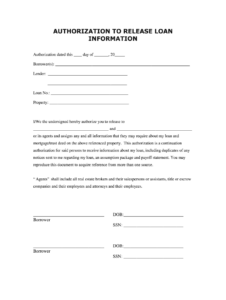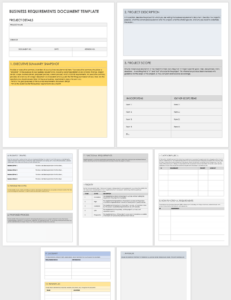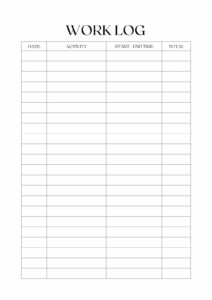Streamline your CRM implementation by leveraging a comprehensive functional requirements template. This essential tool helps you define and document your specific business needs, ensuring that your CRM system aligns with your strategic objectives and operational requirements. With a well-crafted CRM functional requirements template, you can effectively communicate your project scope to stakeholders, optimize system functionality, and maximize ROI.
Key Elements of a CRM Functional Requirements Template
A robust CRM functional requirements template should encompass a range of key elements to effectively capture your business needs. These include:
• **Business Objectives:** Define the primary goals that your CRM system should accomplish, such as improved customer engagement, increased sales productivity, or enhanced operational efficiency.
• **Core Functionality:** Outline the fundamental functions that the CRM system must provide, including contact management, sales pipeline tracking, marketing automation, and customer service capabilities.
• **Integration Requirements:** Specify how the CRM system should integrate with other business systems, such as ERP, accounting software, or marketing technology platforms.
• **Data Management:** Define the data that the CRM system will store and manage, including customer profiles, sales records, and marketing campaigns.
• **Reporting and Analytics:** Describe the reporting and analytics capabilities required from the CRM system, such as customer segmentation, sales performance tracking, and campaign effectiveness analysis.
Additional Considerations for Your CRM Functional Requirements Template
Beyond the core elements, consider including these additional factors in your CRM functional requirements template:
• **User Experience (UX):** Specify the desired user experience for the CRM system, including ease of use, intuitive navigation, and customizable dashboards.
• **Security and Compliance:** Outline the security and compliance requirements that the CRM system must meet, such as data encryption, access controls, and industry regulations.
• **Scalability and Flexibility:** Indicate the expected growth and scalability requirements for the CRM system, as well as its ability to adapt to changing business needs.
• **Implementation Timeline:** Establish a realistic timeline for the CRM system implementation, including milestones and deliverables.
• **Vendor Evaluation Criteria:** Define the criteria that you will use to evaluate potential CRM vendors and their solutions.
Conclusion
A comprehensive CRM functional requirements template is critical for the success of your CRM implementation. By meticulously defining your business needs and clearly communicating project requirements, you can ensure that your CRM system meets your expectations and delivers transformative value for your organization. Leverage this valuable tool to optimize your CRM investment and drive business outcomes.
Remember to review and update your CRM functional requirements template regularly as your business evolves and technology advances. This proactive approach will help ensure that your CRM system remains aligned with your strategic objectives and continues to support your organization’s growth.


